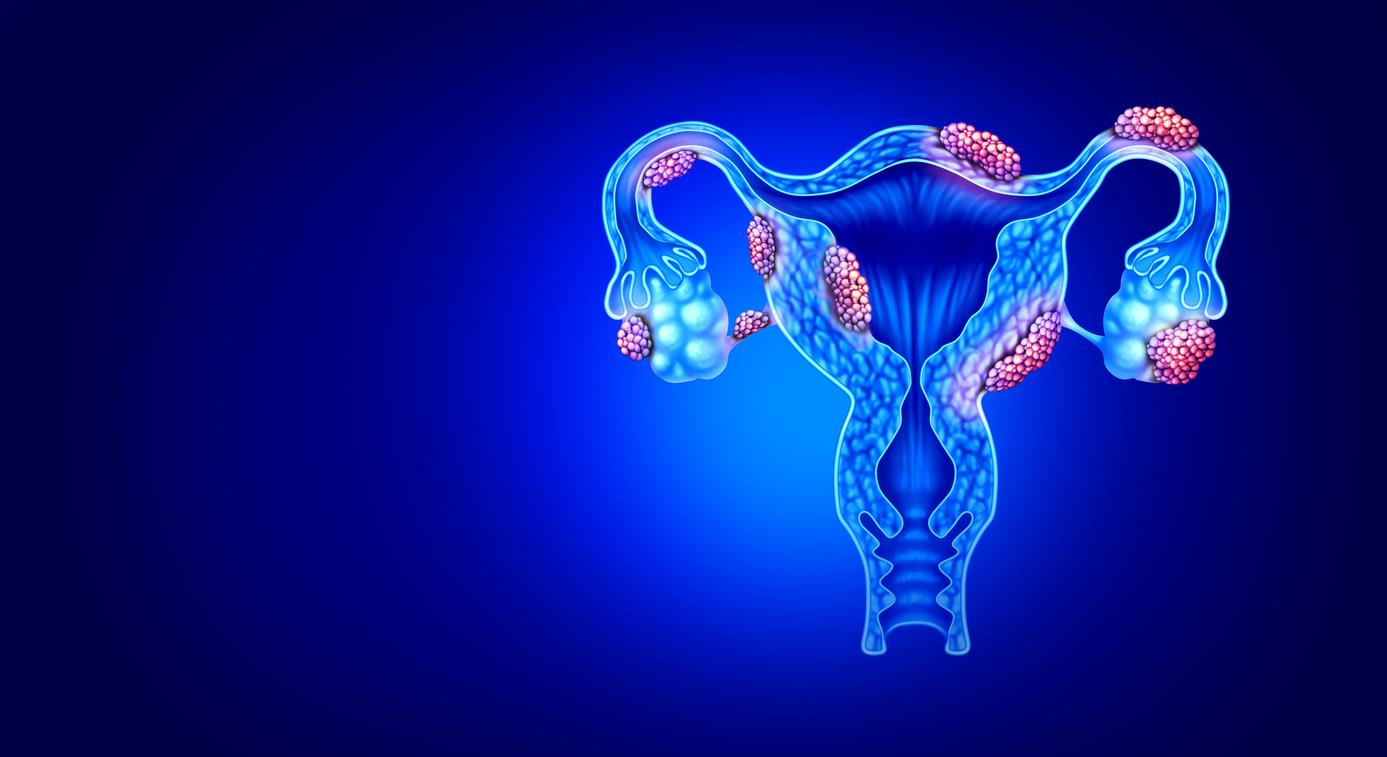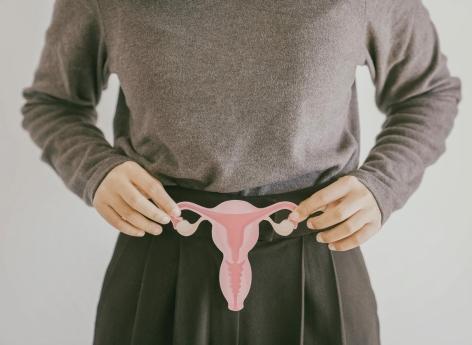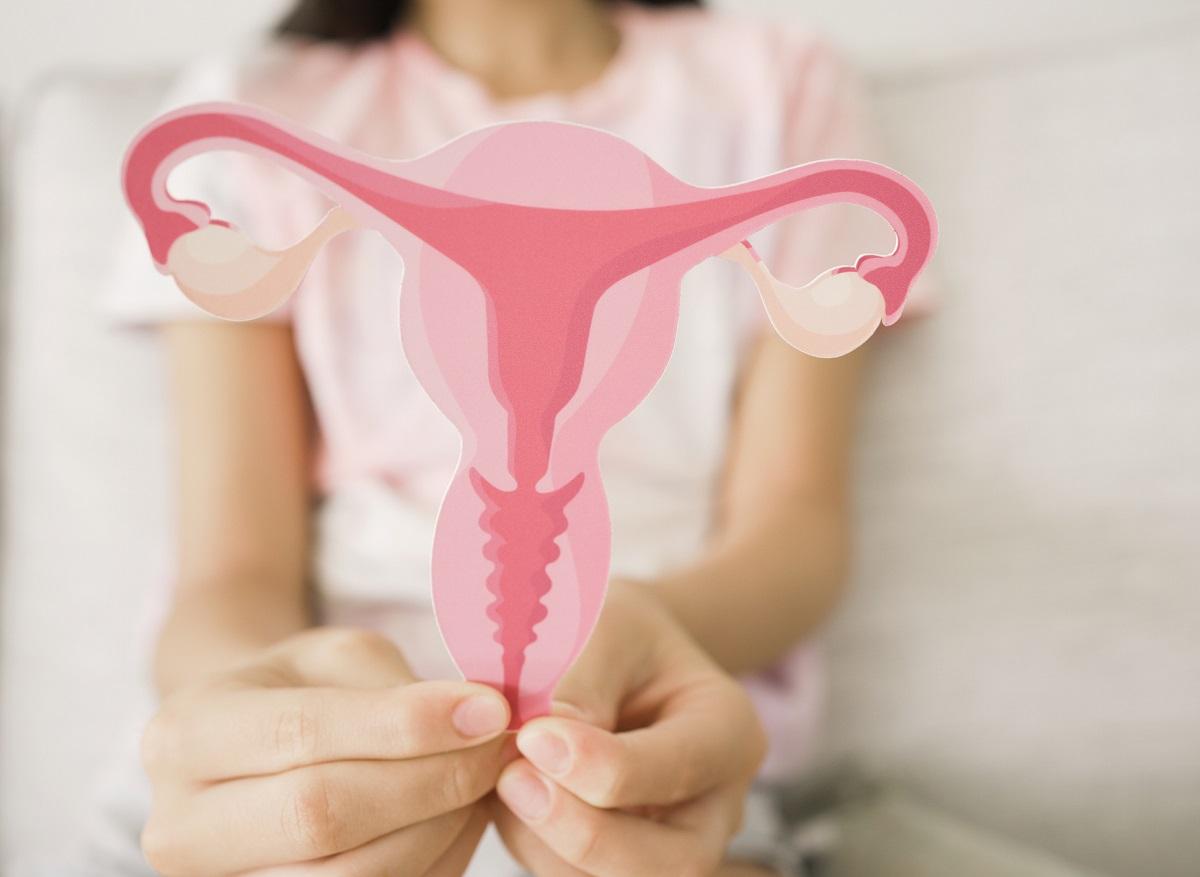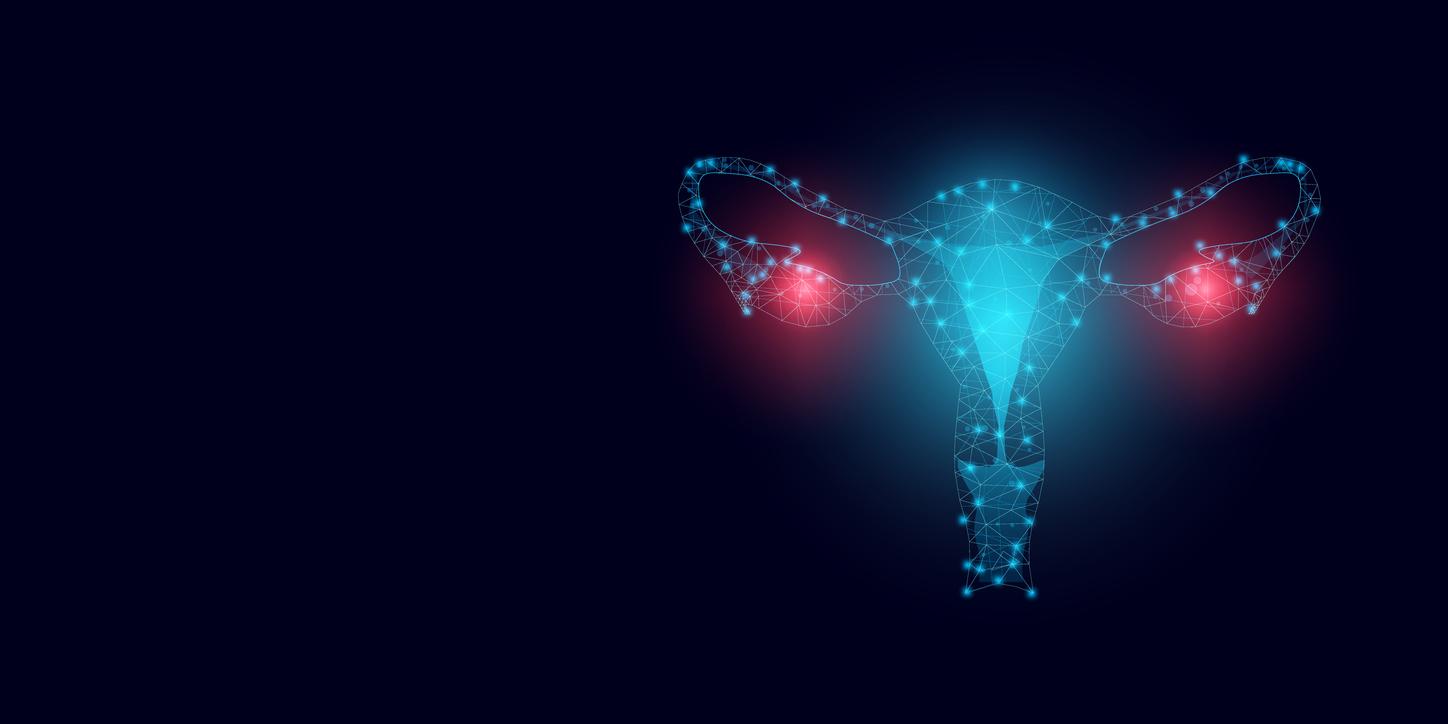A history of endometriosis and fibroids is linked to an increased risk of premature death in the long term.
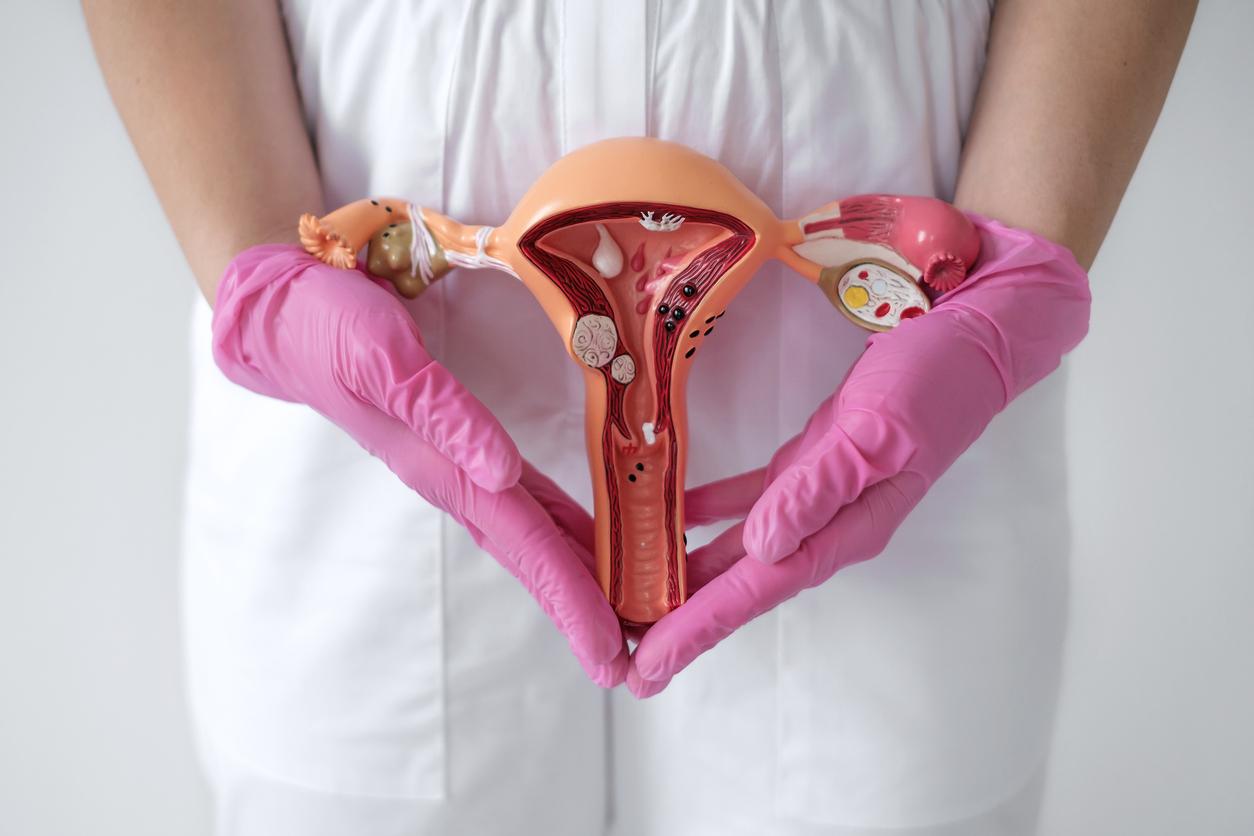
- During a study, followed for 30 years, 4,356 premature deaths were recorded in women with a history of endometriosis and fibroids.
- Endometriosis is linked to a higher risk of non-cancer mortality, but uterine fibroids are associated with a higher risk of death from gynecological cancers.
- “These findings highlight the importance for primary care providers to consider these gynecologic disorders in their assessment of women’s health.”
Common among women of childbearing age, endometriosis and uterine fibroids may increase the risk of long-term chronic diseases, such as high blood pressure, heart disease and certain cancers, according to numerous researches. However, their effect on the risk of death before the age of 70 is not yet clearly established. That is why scientists from Brigham and Women’s Hospital and Harvard Medical School (USA) conducted a study, the results of which were published in the journal The British Medical Journal (BMJ).
Endometriosis: 31% increased risk of premature death
For the purposes of the research, the team relied on information provided by 110,091 women, aged 25 to 42 in 1989, participating in the Nurses’ Health Study II. The latter had no history of hysterectomy before the diagnosis of endometriosis or fibroids, cardiovascular diseases or cancer. Beginning in 1993 and every two years thereafter, volunteers reported any diagnosis of endometriosis (confirmed by laparoscopy) and uterine fibroids (confirmed by ultrasound or hysterectomy). Other potentially influential factors, such as age, ethnicity, reproductive history, cannabis use and oral contraceptive use, regular use of aspirin or anti-inflammatories and other health-related issues, were taken into account by the researchers.
During the 30 years of follow-up, 4,356 premature deaths were recorded, including 1,459 from cancer, 304 from cardiovascular diseases and 90 from respiratory pathologies. Overall, the rate of premature death from all causes among healthy patients and patients with confirmed endometriosis was 2.0 and 1.4 per 1,000 person-years, respectively. After accounting for BMI, diet quality, physical activity and smoking, endometriosis was associated with a 31% higher risk of premature death, mainly linked to deaths from gynecological cancers. Uterine fibroids were not linked to premature death from all causes but were associated with a higher risk of death from gynecologic cancers.

“Take these gynecological disorders into account when assessing women’s health”
The authors acknowledge that these are observational findings that relied on self-reports, which may be subject to error, and included primarily Caucasian healthcare professionals. The results therefore cannot be applied to other groups. However, it is“a large-scale study with regular follow-up over nearly three decades. (…) It highlights the importance for primary care providers to take these gynecological disorders into account in their assessment of women’s health.”










